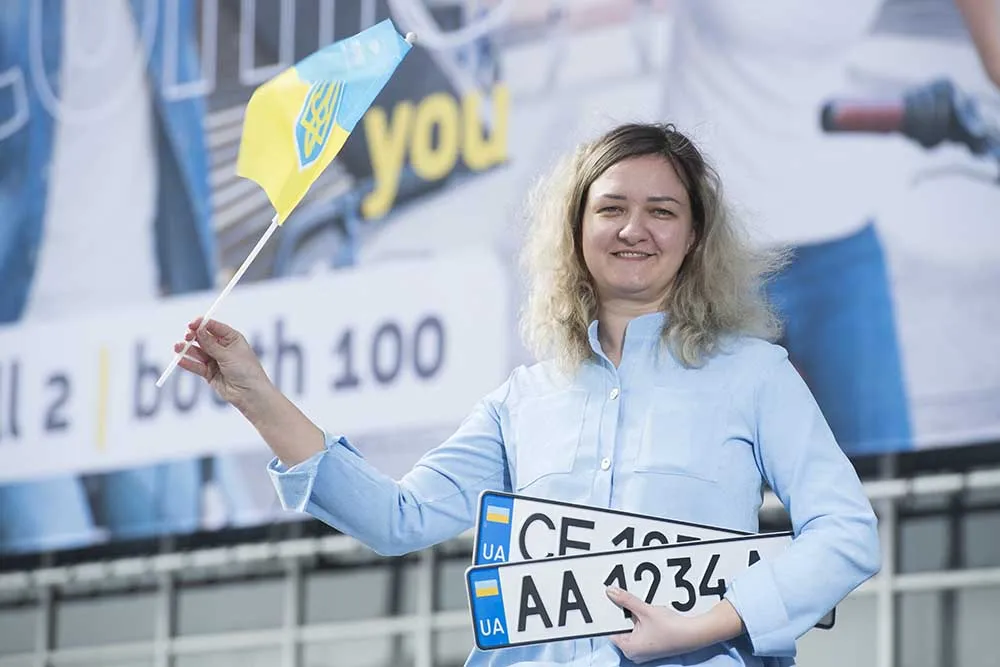
Following the murderous events in Paris, investigators will be looking at how the terrorists’ plans could have been detected and foiled and why that did not happen in this case. Full details are not yet known but from the press reports it appears that there were several missed opportunities which centre on travel and transport: A car stopped by the German police was found to contain weapons and had a Paris address programed into its satellite navigation; the ‘mastermind’ has travelled undetected from Syria, another two participants had travelled from Belgium in hired cars. After the atrocities took place another suspect is reported to have been stopped on their way to the Belgian border and then released.
If those initial reports turn out to be correct, then there are clearly internal communications issues for the security services to address but beyond that they will be looking at how such networks can be detected and their plots foiled. While the detection will probably centre on intercepting communications, preventing the perpetrators from arranging, equipping and carrying out their murderous deeds is likely to involve disrupting their travel plan. The reality is that the systems employed by the transportation sector are better equipped to detecting – or being modified to detect – the movement of marked individuals and suspect vehicles than any others currently deployed.
So in addition to tighter border controls, the response to Paris could involve road authorities, car hire and car share companies and transit operators having to monitor traffic and travellers for marked individuals. Furthermore, if one or more of these individuals is detected, there is likely to be a duty to inform the relevant authority.
While it probably won’t be long before we know the outcomes of these security reviews it seems clear that the transportation sector will be involved in countering future plots. Therefore it would be preferable for transportation authorities to participate in these conversations from the outset, rather than waiting for regulations to be imposed from on high.










